
Date05.06.20
Tags:
Environmental
Environmental and Social Management Planning; Action Planning
Every day, our environmental specialists around the world are working with governments to preserve and safeguard natural heritage and endangered species. Around the year, our teams also work with clients to anticipate and monitor the environmental impact of their proposed projects and find environmentally-friendly solutions that mitigate negative impacts and enhance sustainability. On World Environment Day, our specialists share their favourite stories and encounters from their field journeys.
Images
0 of 0
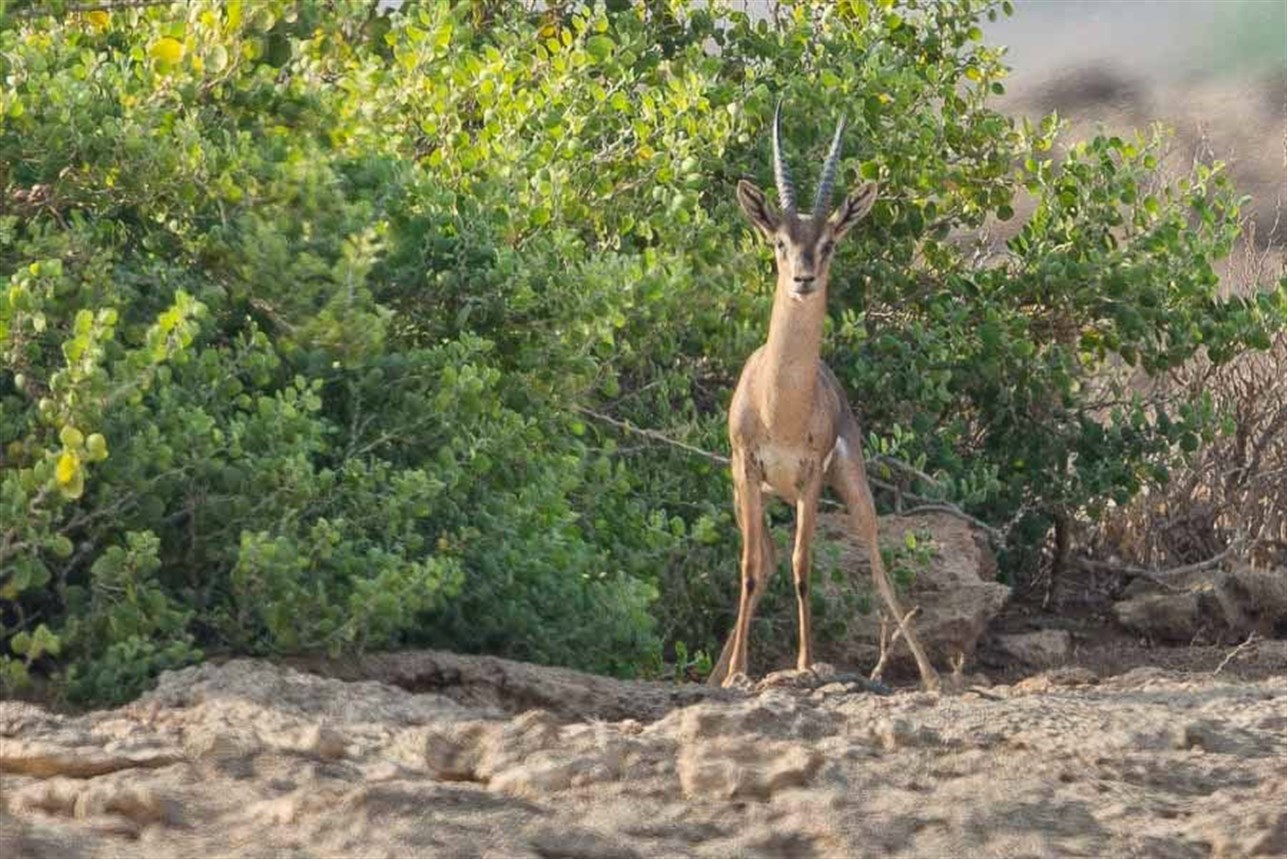
“The most rewarding feeling is when you get to work on a tourism project, and you feel privileged to have relished one of the most pristine areas in the world before every single tourist does. This is exactly how I felt when I have been to an archipelago listed by BirdLife International as an Important Bird Area and designated a Nationally Protected Area because it provides habitats for endemic fauna, breeding species, and one of the densest mangrove forests. This is not Indonesia, Brazil, or Malaysia — the top 3 mangrove habitat nations — this is the Kingdom of Saudi Arabia and the Red Sea wonders.”
Riwa El Derbas
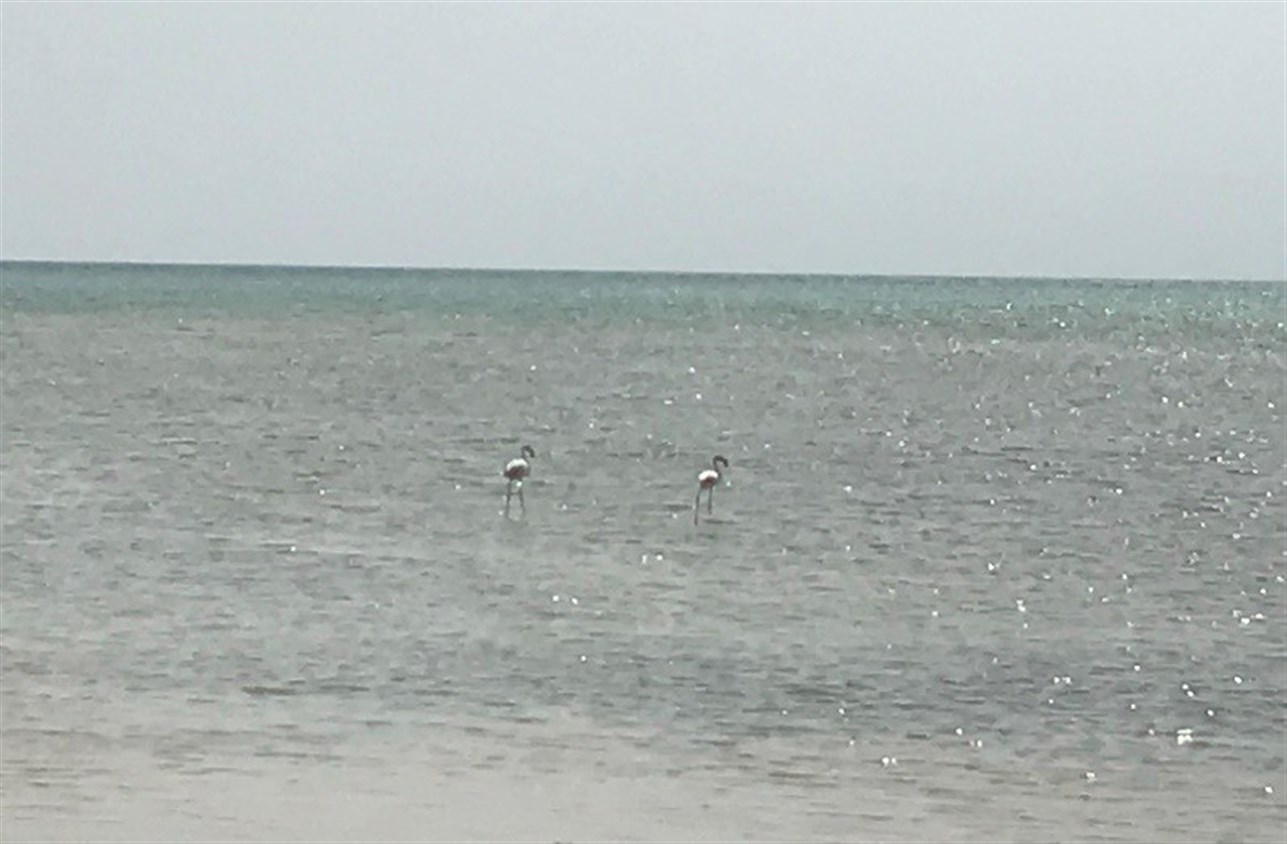
“The most rewarding feeling is when you get to work on a tourism project, and you feel privileged to have relished one of the most pristine areas in the world before every single tourist does. This is exactly how I felt when I have been to an archipelago listed by BirdLife International as an Important Bird Area and designated a Nationally Protected Area because it provides habitats for endemic fauna, breeding species, and one of the densest mangrove forests. This is not Indonesia, Brazil, or Malaysia — the top 3 mangrove habitat nations — this is the Kingdom of Saudi Arabia and the Red Sea wonders.”
Riwa El Derbas
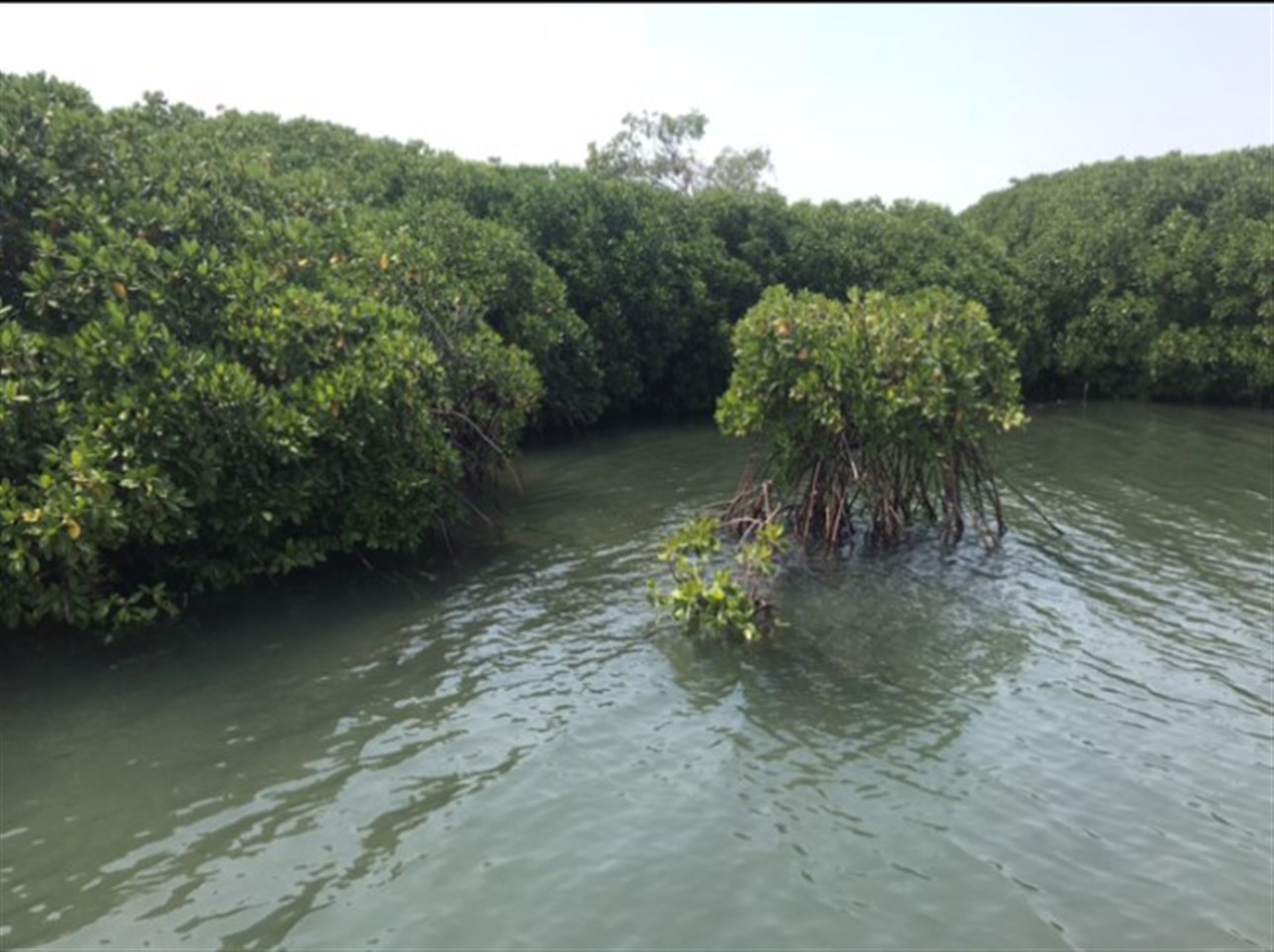
“The most rewarding feeling is when you get to work on a tourism project, and you feel privileged to have relished one of the most pristine areas in the world before every single tourist does. This is exactly how I felt when I have been to an archipelago listed by BirdLife International as an Important Bird Area and designated a Nationally Protected Area because it provides habitats for endemic fauna, breeding species, and one of the densest mangrove forests. This is not Indonesia, Brazil, or Malaysia — the top 3 mangrove habitat nations — this is the Kingdom of Saudi Arabia and the Red Sea wonders.”
Riwa El Derbas
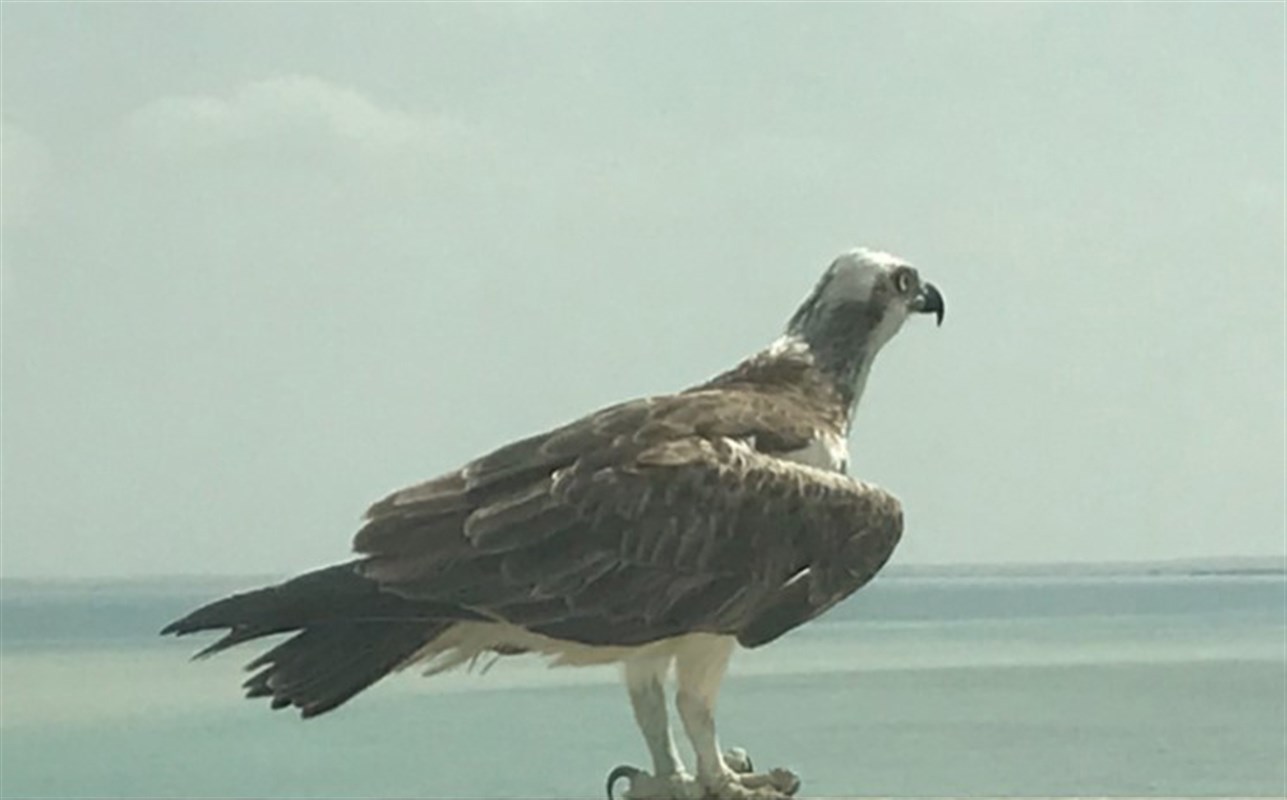
“The most rewarding feeling is when you get to work on a tourism project, and you feel privileged to have relished one of the most pristine areas in the world before every single tourist does. This is exactly how I felt when I have been to an archipelago listed by BirdLife International as an Important Bird Area and designated a Nationally Protected Area because it provides habitats for endemic fauna, breeding species, and one of the densest mangrove forests. This is not Indonesia, Brazil, or Malaysia — the top 3 mangrove habitat nations — this is the Kingdom of Saudi Arabia and the Red Sea wonders.”
Riwa El Derbas
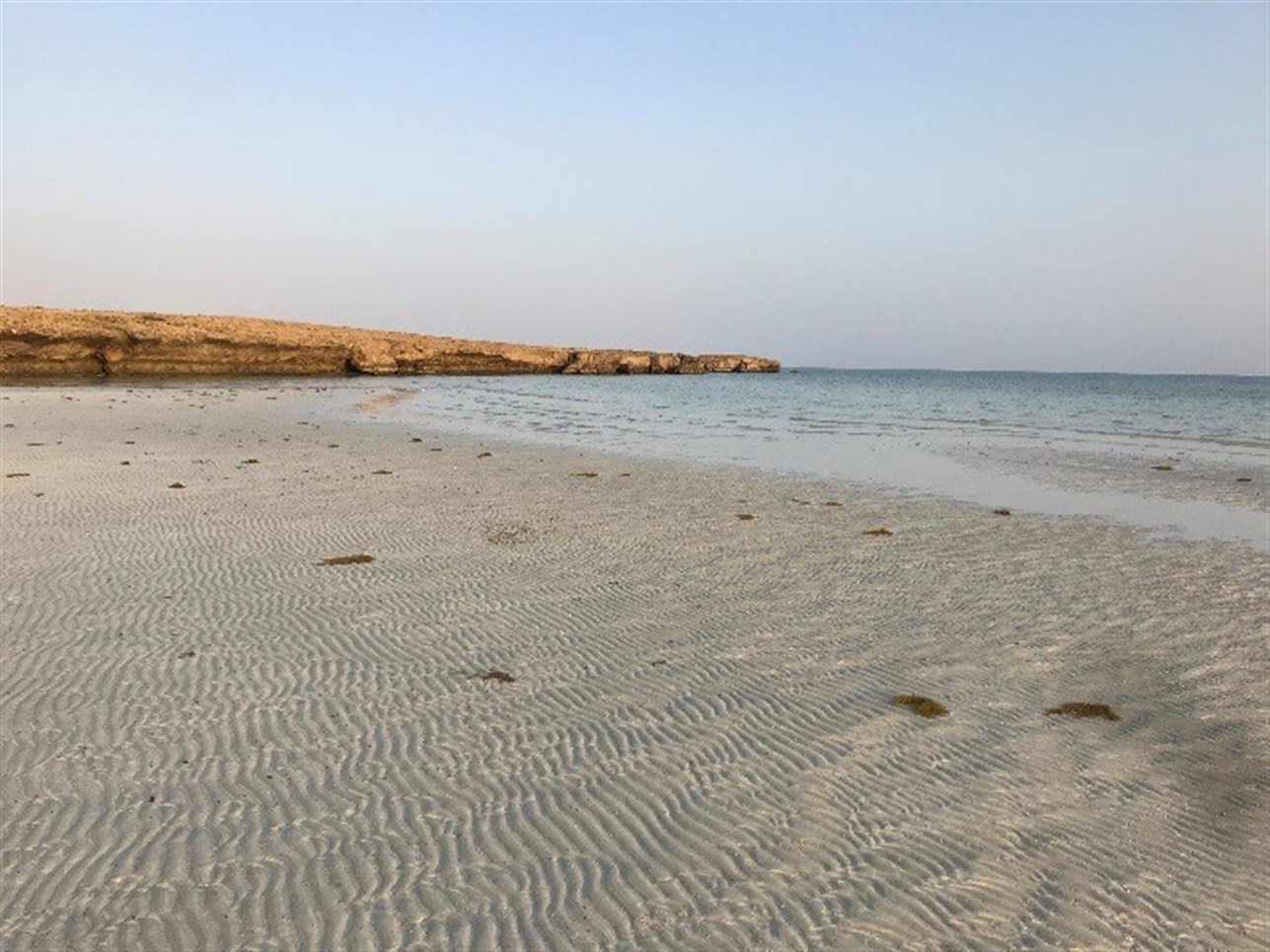
“The most rewarding feeling is when you get to work on a tourism project, and you feel privileged to have relished one of the most pristine areas in the world before every single tourist does. This is exactly how I felt when I have been to an archipelago listed by BirdLife International as an Important Bird Area and designated a Nationally Protected Area because it provides habitats for endemic fauna, breeding species, and one of the densest mangrove forests. This is not Indonesia, Brazil, or Malaysia — the top 3 mangrove habitat nations — this is the Kingdom of Saudi Arabia and the Red Sea wonders.”
Riwa El Derbas
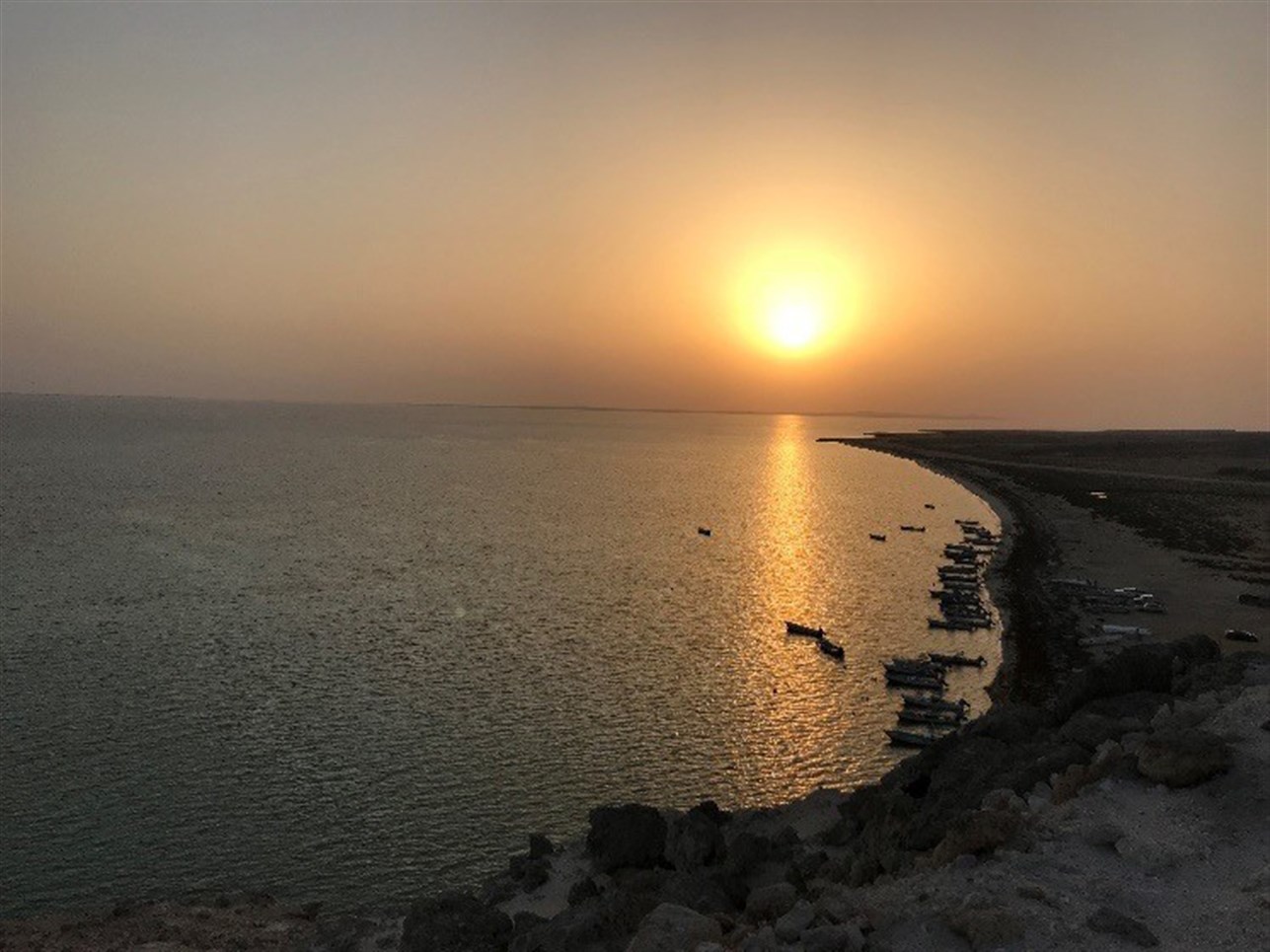
“The most rewarding feeling is when you get to work on a tourism project, and you feel privileged to have relished one of the most pristine areas in the world before every single tourist does. This is exactly how I felt when I have been to an archipelago listed by BirdLife International as an Important Bird Area and designated a Nationally Protected Area because it provides habitats for endemic fauna, breeding species, and one of the densest mangrove forests. This is not Indonesia, Brazil, or Malaysia — the top 3 mangrove habitat nations — this is the Kingdom of Saudi Arabia and the Red Sea wonders.”
Riwa El Derbas
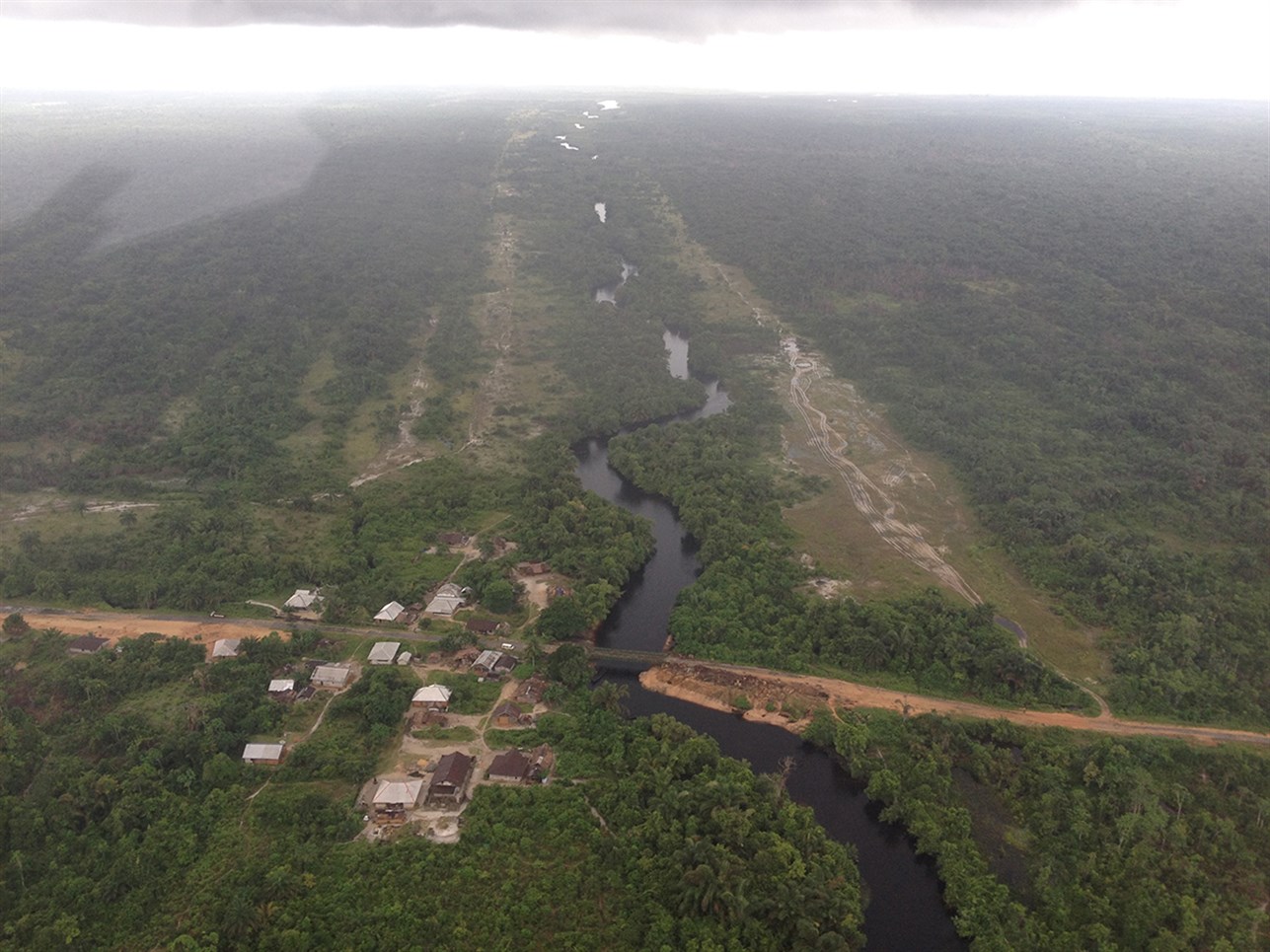
“This creek in SE Nigeria marks the centre-line of a proposed 500-m-wide wildlife and community corridor, extending 250 m on either side of the creek. There will be city development to the left (north) and right (south) in the image. So that the local wildlife may move freely between two large areas of natural forest, this wide corridor is to be set aside from development to allow safe passage. The corridor additionally respects local communities with rights to harvest natural forest products, as well as access between their settlements, retaining their community rights to free movement between the two extensive patches of forest.”
John McCawley
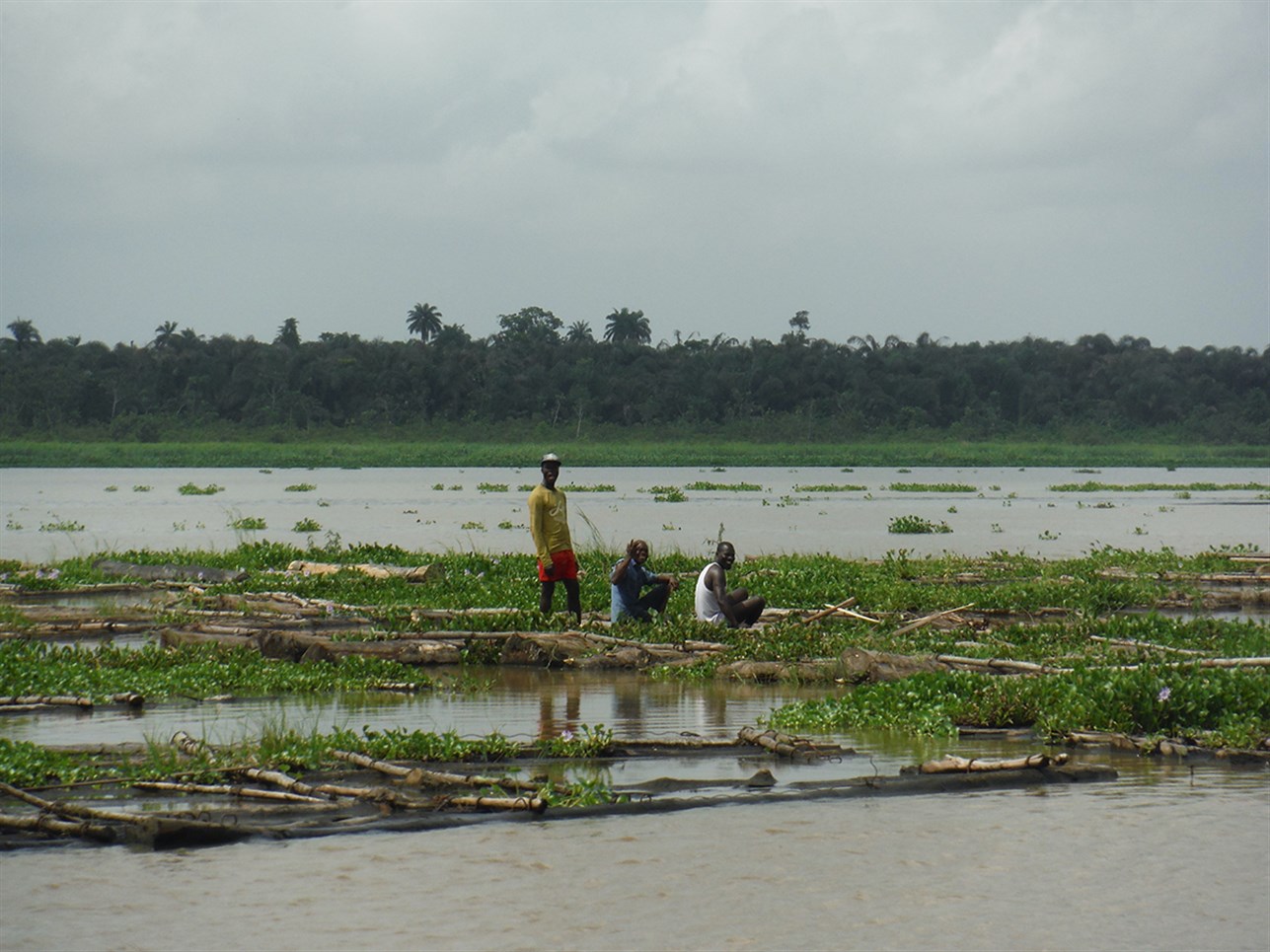
“Within a wider study, Dar investigated the problem of water hyacinth in the lagoons of Lagos State, Nigeria. Water hyacinth is an invasive plant from South America that clogs the lagoons causing hindrance to boat traffic (snagging propellers), harbouring water snakes, dislodging and damaging fishing nets, killing livestock (at shoreside), depleting oxygen in the water, and reducing fish breeding grounds. Various control methods were researched including physical barriers at water entry points, biological control using weevils, chemical control, mechanical removal of weeds using boats, and drying and burning.” John McCawley
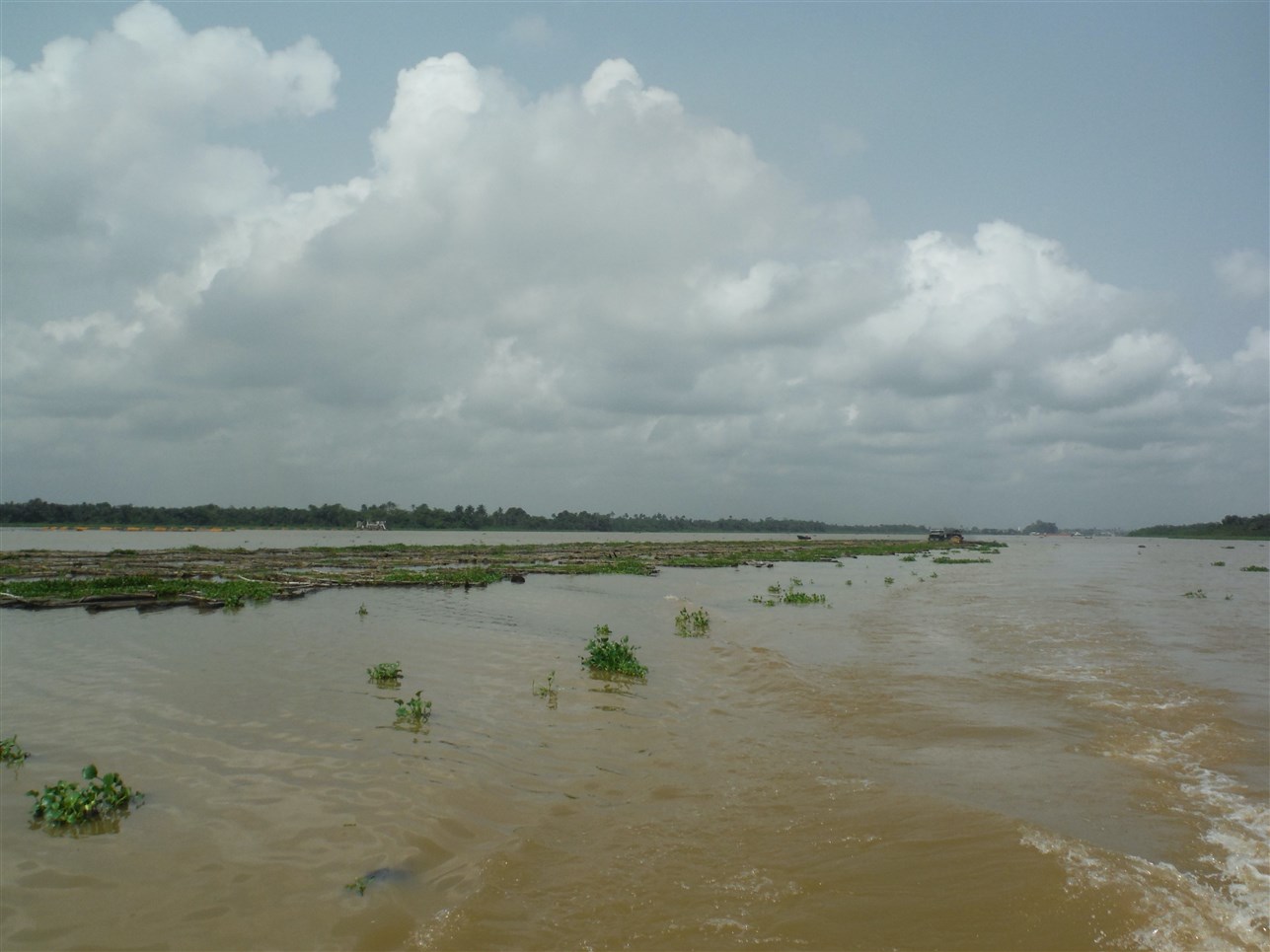
“Within a wider study, Dar investigated the problem of water hyacinth in the lagoons of Lagos State, Nigeria. Water hyacinth is an invasive plant from South America that clogs the lagoons causing hindrance to boat traffic (snagging propellers), harbouring water snakes, dislodging and damaging fishing nets, killing livestock (at shoreside), depleting oxygen in the water, and reducing fish breeding grounds. Various control methods were researched including physical barriers at water entry points, biological control using weevils, chemical control, mechanical removal of weeds using boats, and drying and burning.” John McCawley
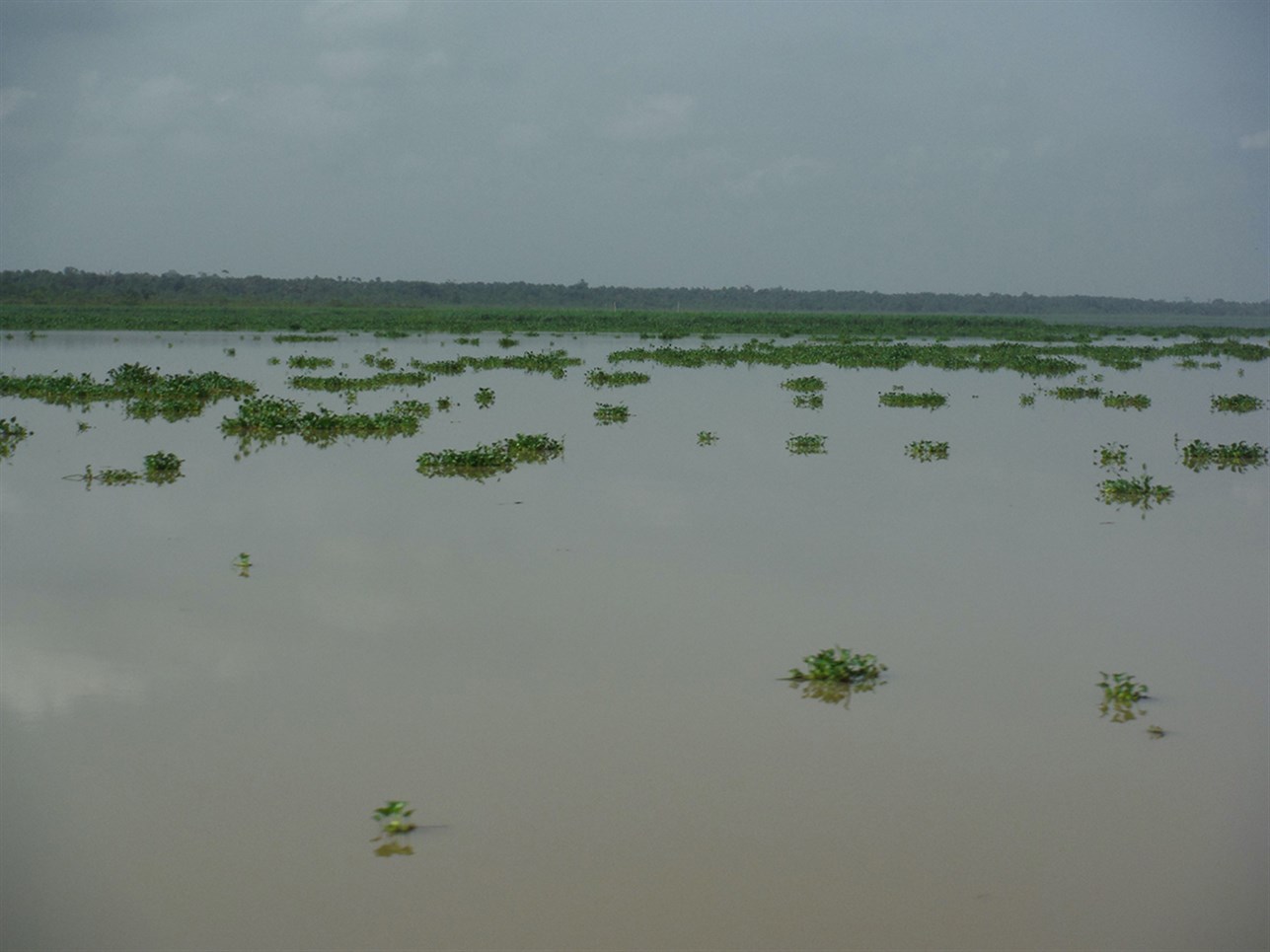
“Within a wider study, Dar investigated the problem of water hyacinth in the lagoons of Lagos State, Nigeria. Water hyacinth is an invasive plant from South America that clogs the lagoons causing hindrance to boat traffic (snagging propellers), harbouring water snakes, dislodging and damaging fishing nets, killing livestock (at shoreside), depleting oxygen in the water, and reducing fish breeding grounds. Various control methods were researched including physical barriers at water entry points, biological control using weevils, chemical control, mechanical removal of weeds using boats, and drying and burning.” John McCawley

“There is this famous saying 'Never judge a book by its cover;' I believe this also applies to countries. Never judge a country before discovering every corner of it, because that is where the most pristine areas and hidden gems are found. Working with Dar has taught me that the most beautiful places are where you least expect them to be and I consider myself lucky enough to have been able to experience jaw dropping moments when witnessing untouched areas. How beautiful is it, to find yourself in nature’s cradle knowing that when you connect to nature, you are able to connect with yourself.”
Sima Hojaij
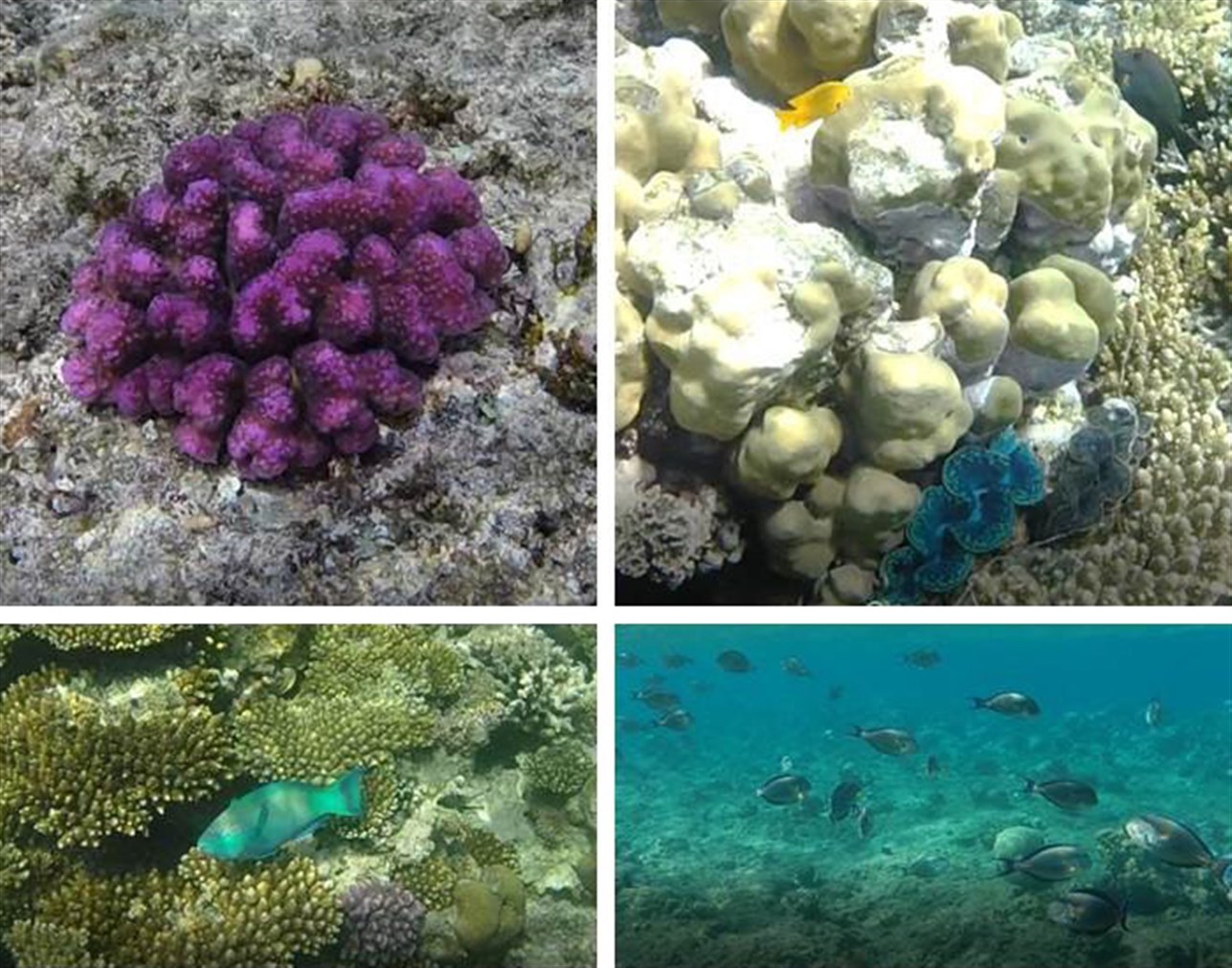
“There is this famous saying 'Never judge a book by its cover;' I believe this also applies to countries. Never judge a country before discovering every corner of it, because that is where the most pristine areas and hidden gems are found. Working with Dar has taught me that the most beautiful places are where you least expect them to be and I consider myself lucky enough to have been able to experience jaw dropping moments when witnessing untouched areas. How beautiful is it, to find yourself in nature’s cradle knowing that when you connect to nature, you are able to connect with yourself.”
Sima Hojaij
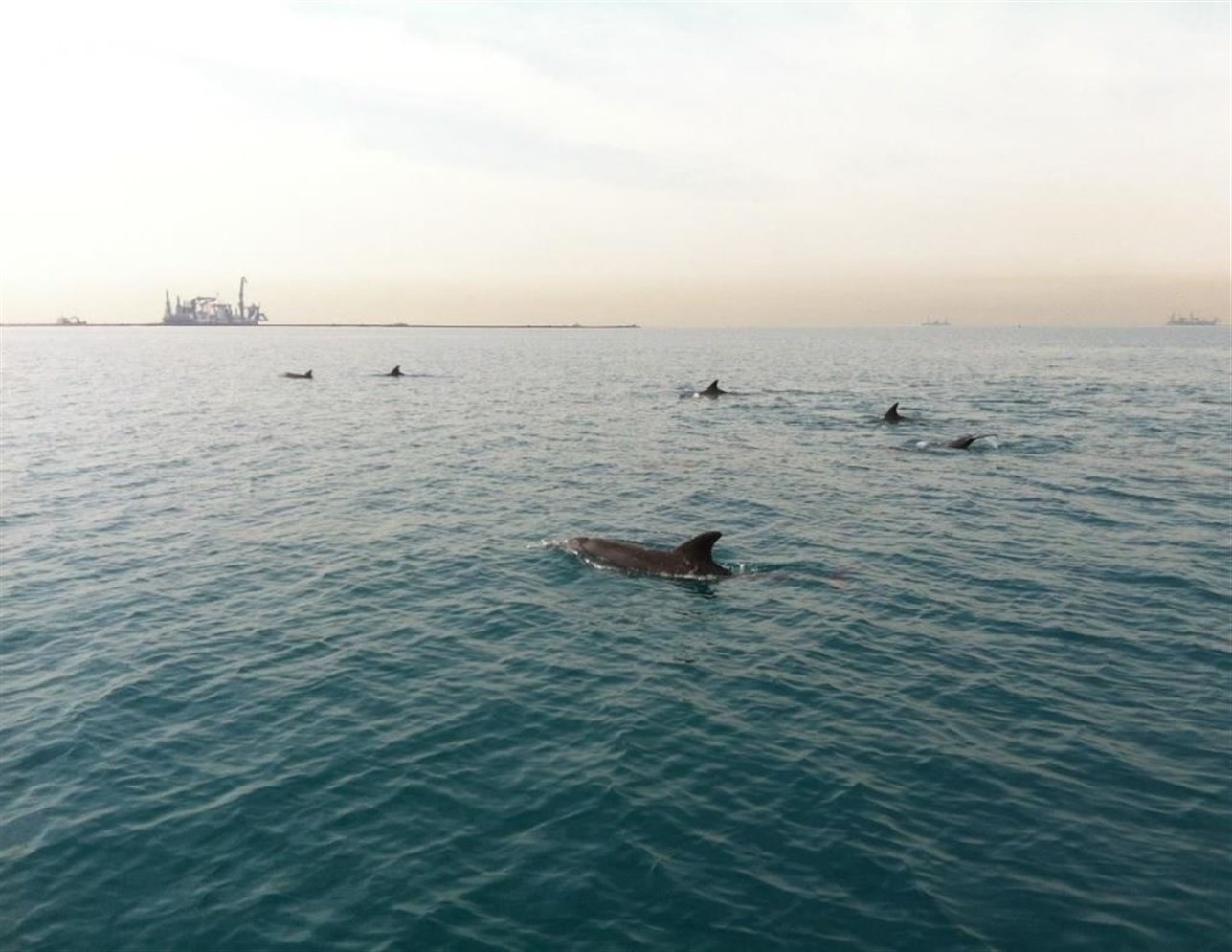
“Bottlenose dolphins photographed from one of Dar’s survey boats during a long-term environmental monitoring venture on a construction project in Qatar. Dar’s environment team conducted monitoring across a wide range of environmental aspects including marine ecology, marine water quality, groundwater, air quality, noise and terrestrial ecology. The close encounter with the dolphins was a reminder of how important and relevant our work as environmentalists can be.” Tom Foster
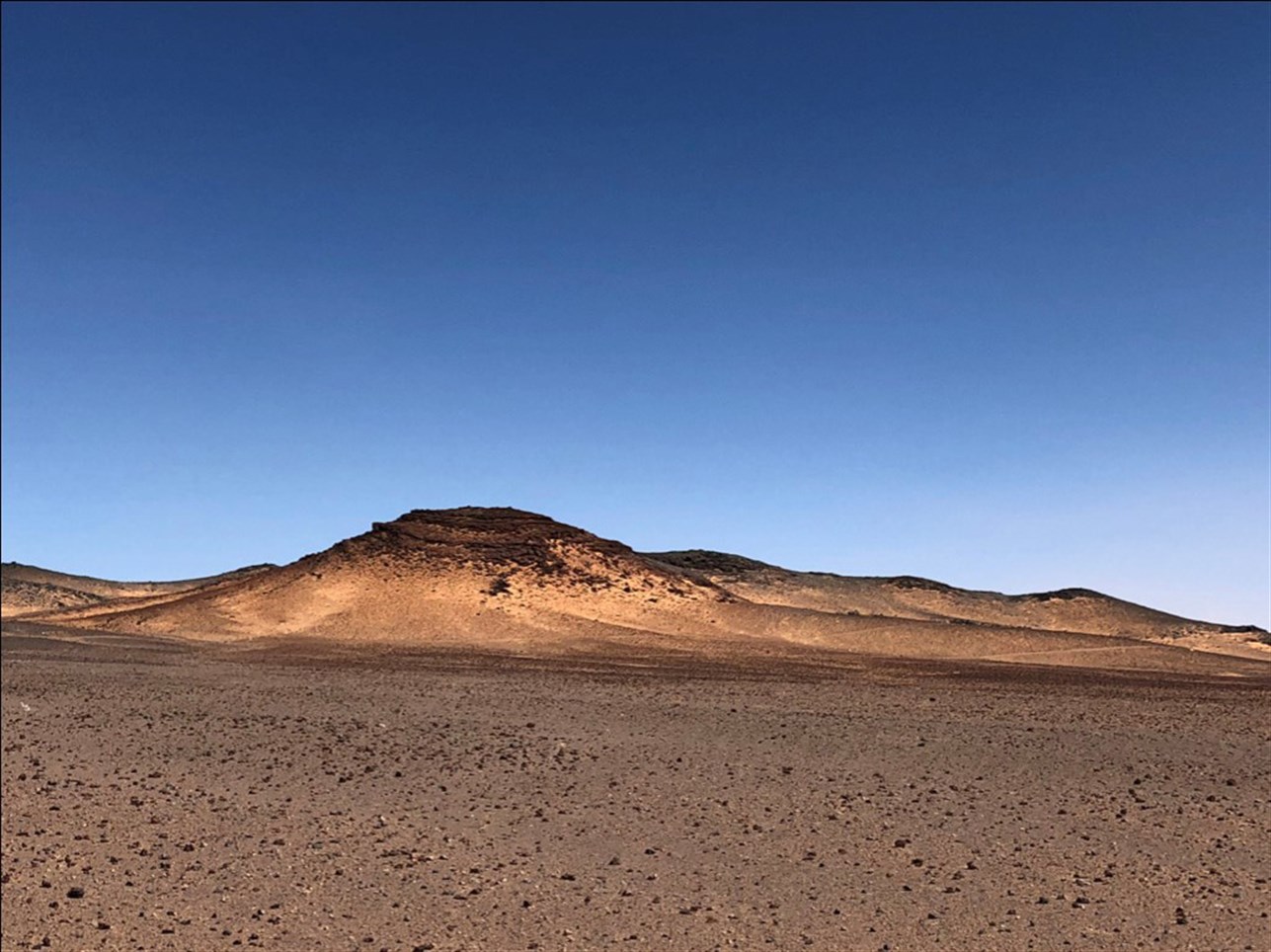
"As Aristotle once said 'there is something of the marvellous in all things of nature.' I truly believe I encountered that while standing on a volcanic formation mountain located within the Kingdom of Saudi Arabia and the Northern Wildlife Management Zone, which is classified as an IUCN Protected Area. Even though our job makes us travel to remote areas which are sometimes unfavourable for women, those site visits made me connect more with nature and appreciate the beauty hidden in each part of this world. My experiences on site have increased my enthusiasm to explore more cultural heritage sites and tick my own special bucket list of countries and areas that are underestimated or unknown."
Mia Nasr
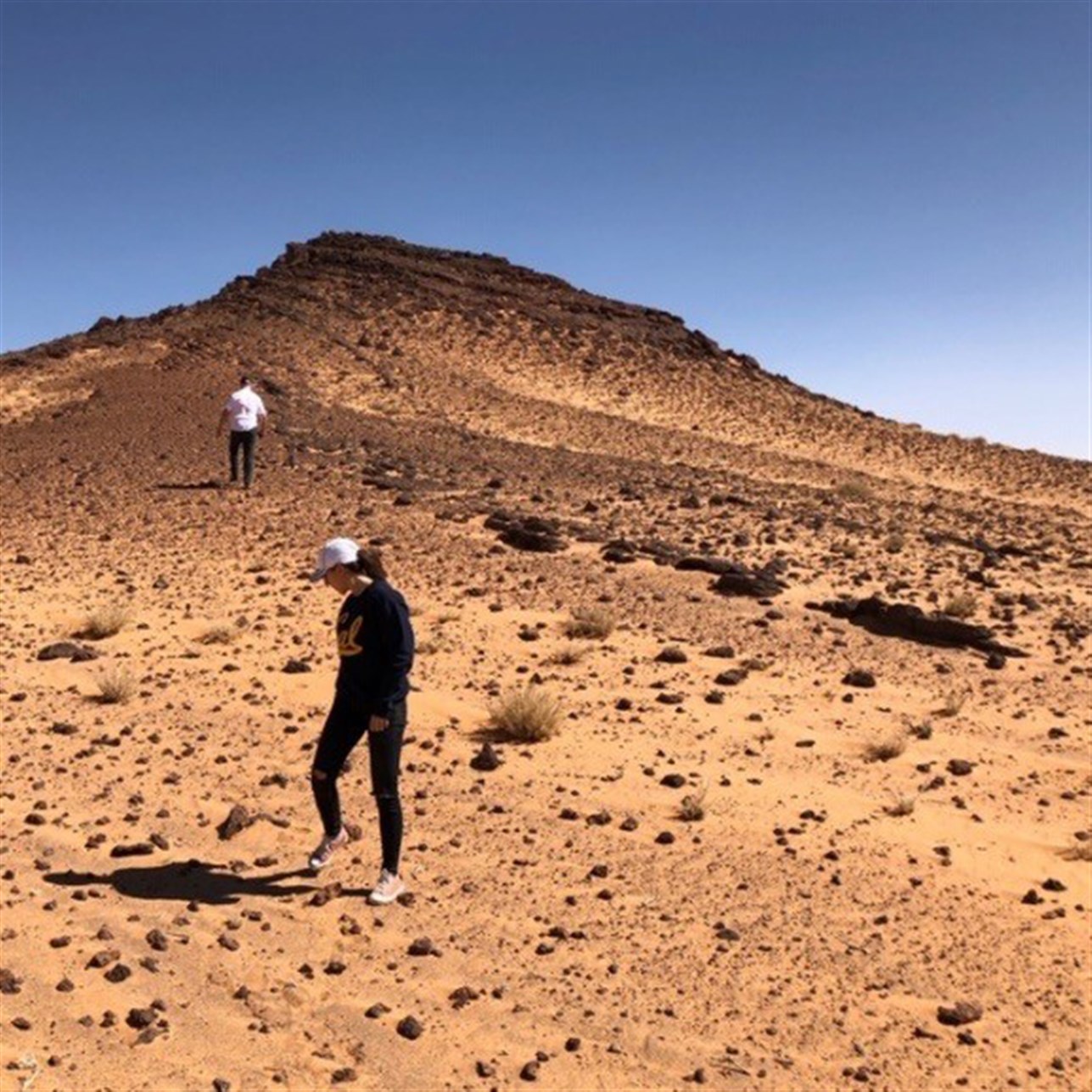
"As Aristotle once said 'there is something of the marvellous in all things of nature.' I truly believe I encountered that while standing on a volcanic formation mountain located within the Kingdom of Saudi Arabia and the Northern Wildlife Management Zone, which is classified as an IUCN Protected Area. Even though our job makes us travel to remote areas which are sometimes unfavourable for women, those site visits made me connect more with nature and appreciate the beauty hidden in each part of this world. My experiences on site have increased my enthusiasm to explore more cultural heritage sites and tick my own special bucket list of countries and areas that are underestimated or unknown."
Mia Nasr

“The UN Secretary General António Guterres raised the voice on World Environment Day saying ‘let’s put nature at the heart of our decision-making and call for a healthier, more sustainable planet.’ Integrating environmental sustainability into strategic spatial strategy should indeed be the cornerstone of any nation’s plans. Working as an environmental specialist on a planning project in a country as ecologically rich as Oman, I felt the responsibility lies with me to help protect the Sultanate’s habitats of endangered en-demic species, khawrs, Important Bird Areas, and other ecologically sensitive areas. The best part of it is when you interact with local communities to better understand the country’s natural heritage.” Riwa El Derbas
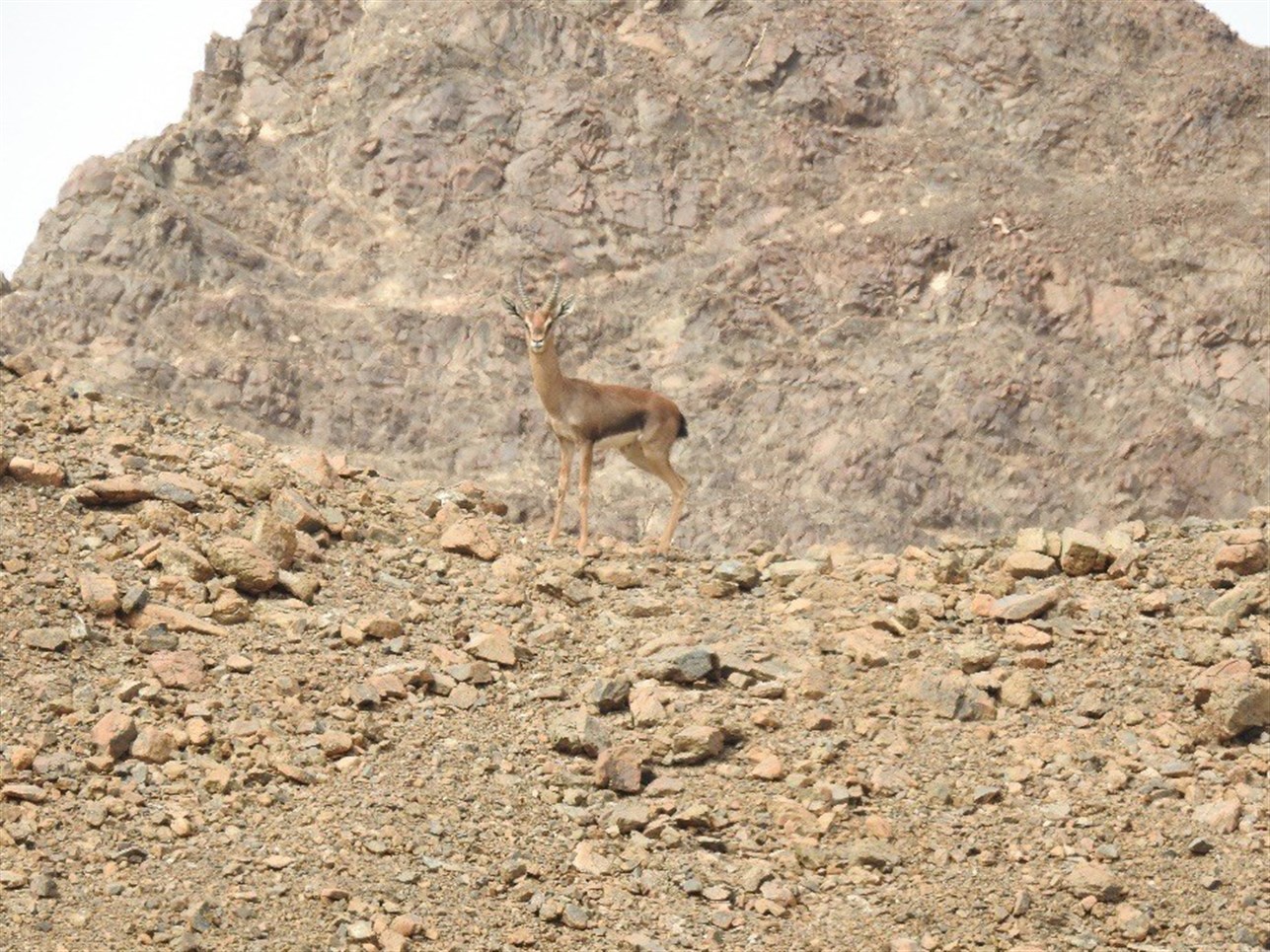
“The UN Secretary General António Guterres raised the voice on World Environment Day saying ‘let’s put nature at the heart of our decision-making and call for a healthier, more sustainable planet.’ Integrating environmental sustainability into strategic spatial strategy should indeed be the cornerstone of any nation’s plans. Working as an environmental specialist on a planning project in a country as ecologically rich as Oman, I felt the responsibility lies with me to help protect the Sultanate’s habitats of endangered en-demic species, khawrs, Important Bird Areas, and other ecologically sensitive areas. The best part of it is when you interact with local communities to better understand the country’s natural heritage.” Riwa El Derbas
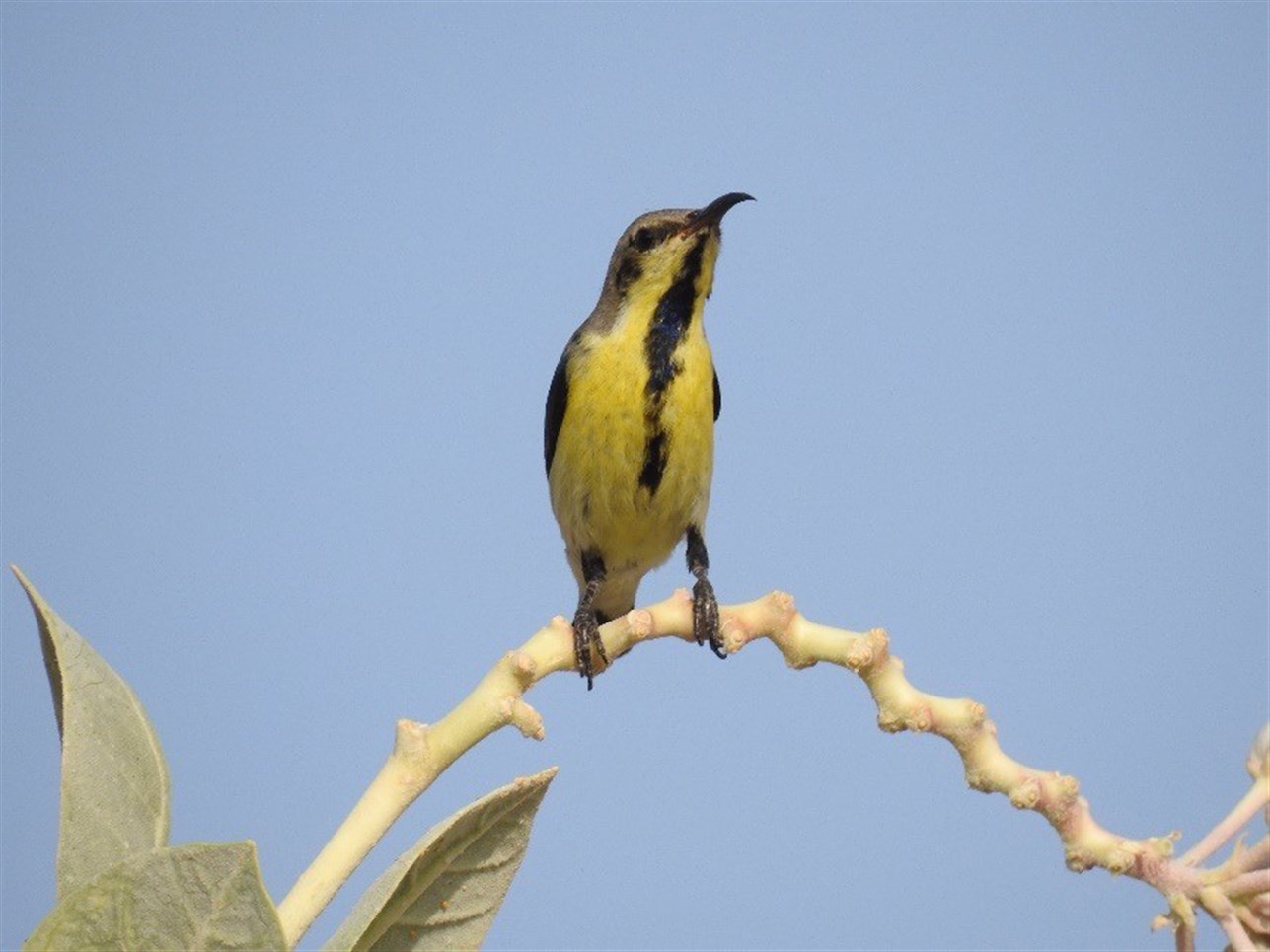
“The UN Secretary General António Guterres raised the voice on World Environment Day saying ‘let’s put nature at the heart of our decision-making and call for a healthier, more sustainable planet.’ Integrating environmental sustainability into strategic spatial strategy should indeed be the cornerstone of any nation’s plans. Working as an environmental specialist on a planning project in a country as ecologically rich as Oman, I felt the responsibility lies with me to help protect the Sultanate’s habitats of endangered en-demic species, khawrs, Important Bird Areas, and other ecologically sensitive areas. The best part of it is when you interact with local communities to better understand the country’s natural heritage.” Riwa El Derbas
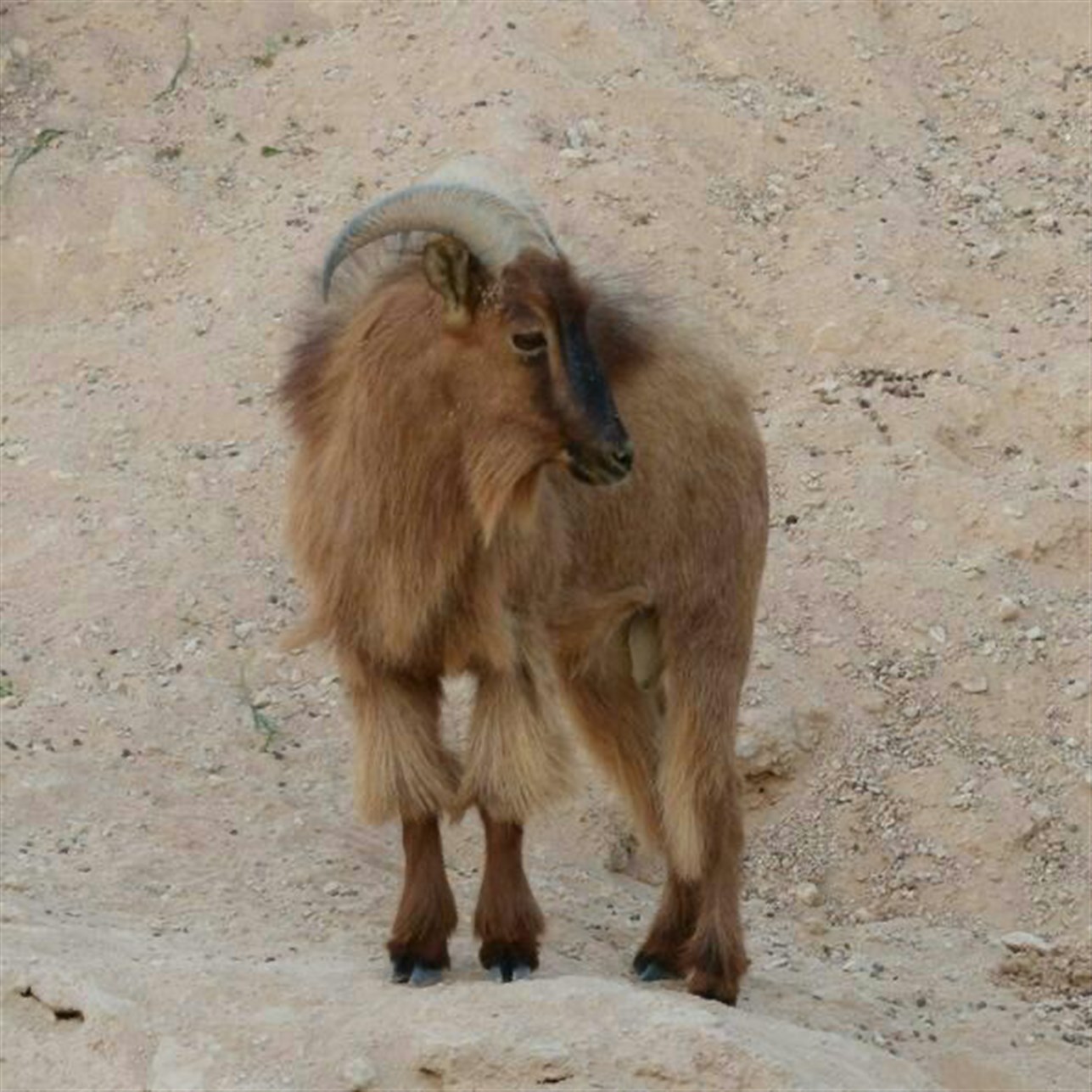
“The UN Secretary General António Guterres raised the voice on World Environment Day saying ‘let’s put nature at the heart of our decision-making and call for a healthier, more sustainable planet.’ Integrating environmental sustainability into strategic spatial strategy should indeed be the cornerstone of any nation’s plans. Working as an environmental specialist on a planning project in a country as ecologically rich as Oman, I felt the responsibility lies with me to help protect the Sultanate’s habitats of endangered en-demic species, khawrs, Important Bird Areas, and other ecologically sensitive areas. The best part of it is when you interact with local communities to better understand the country’s natural heritage.” Riwa El Derbas
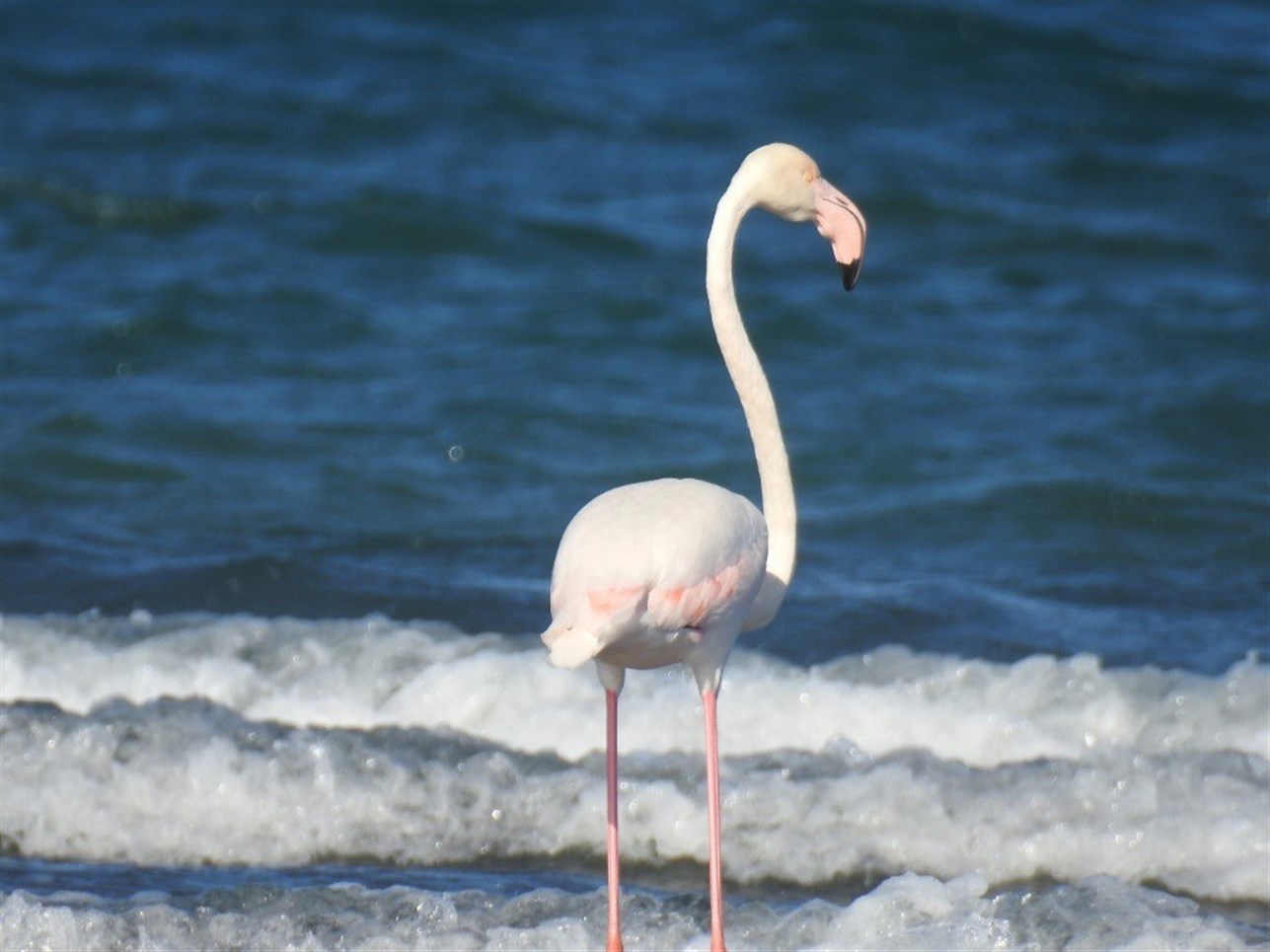
“The UN Secretary General António Guterres raised the voice on World Environment Day saying ‘let’s put nature at the heart of our decision-making and call for a healthier, more sustainable planet.’ Integrating environmental sustainability into strategic spatial strategy should indeed be the cornerstone of any nation’s plans. Working as an environmental specialist on a planning project in a country as ecologically rich as Oman, I felt the responsibility lies with me to help protect the Sultanate’s habitats of endangered en-demic species, khawrs, Important Bird Areas, and other ecologically sensitive areas. The best part of it is when you interact with local communities to better understand the country’s natural heritage.” Riwa El Derbas
of
